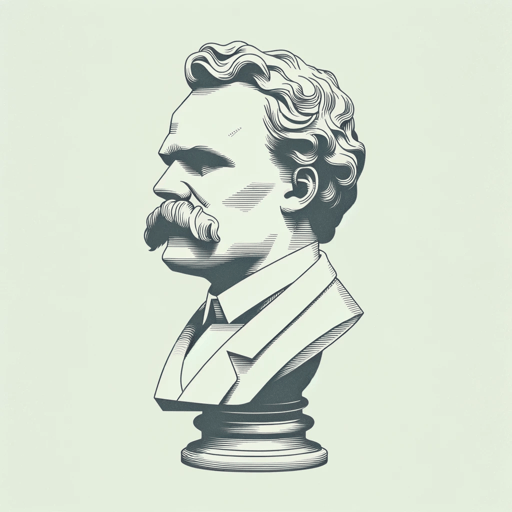44 pages • 1 hour read
Friedrich NietzscheOn the Genealogy of Morals
Nonfiction | Book | Adult | Published in 1887A modern alternative to SparkNotes and CliffsNotes, SuperSummary offers high-quality Study Guides with detailed chapter summaries and analysis of major themes, characters, and more.
Second EssayChapter Summaries & Analyses
Second Essay Summary: “‘Guilt,’ ‘Bad Conscience,’ and Related Matters”
The thing that separates humans from other animals is their ability to make promises; this enables them to exert action on the future. Forgetfulness is the opposite of this, yet Nietzsche claims that it is an important and positive feature of the human condition. Forgetfulness enables individuals to find psychological tranquility and step away from their concerns for a while: “There can exist no joy, no hope, no pride, no real present, without forgetfulness” (44). Nietzsche suggests that controlling one’s future requires the ability to determine when memory and forgetfulness are needed by looking at the causal relationships between ideas and their origins.
This ability to consider and make decisions about the future led to the development of the value of responsibility. Morality made humans predictable. Their actions would, most of the time, adhere to a strict set of ethical rules. A sovereign individual, however, is free from moral custom and is able to make promises independent of a relationship to Western morality. Nietzsche argues that a sovereign individual develops a personal system of values and examines the world and others through the lens of a uniquely personal perspective. This is called a person’s “conscience.
Related Titles
By Friedrich Nietzsche

Beyond Good And Evil
Friedrich Nietzsche

On The Advantage And Disadvantage Of History For Life
Friedrich Nietzsche

The Antichrist
Friedrich Nietzsche, Transl. H.L. Mencken

The Birth of Tragedy
Friedrich Nietzsche

The Gay Science
Friedrich Nietzsche

The Will to Power
Friedrich Nietzsche, Ed. Walter Kaufmann, Transl. R.J. Hollingdale

Thus Spoke Zarathustra: A Book for All and None
Friedrich Nietzsche

